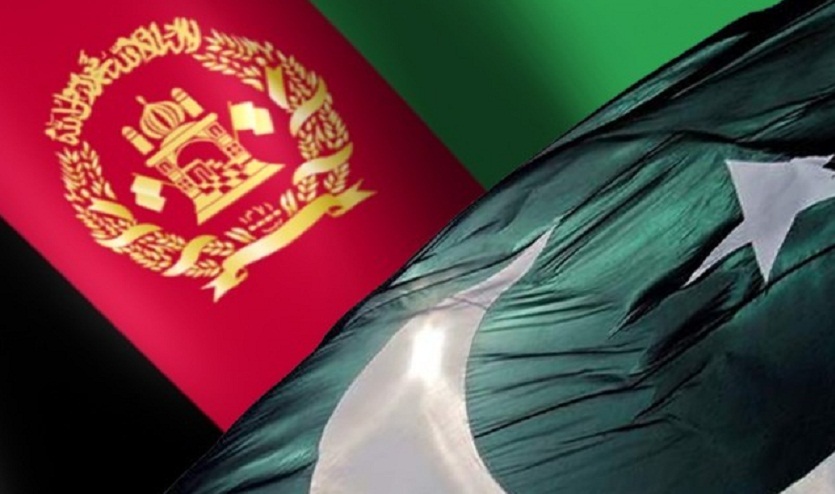The U.S. troops have begun packing gear from Afghanistan after President Joe Biden recently announced that all American troops will leave the country by September 11 this year. This withdrawal will take place after a nearly two-decade long military presence. The U.S. administration had declared victory in the fight against al-Qaeda Terrorist Network. On the other hand the group threatened to continue war against the U.S. However, during 20 years of US presence, peace did not restore in Afghanistan and still it is a distant dream for the Afghans. Peace talks are fragile, and the deal signed between the US and the Taliban also failed to open a window for a negotiated political end to the Afghan conflict.
President Biden called on the regional countries, particularly Pakistan, to do more to support Afghanistan. In a rare message, finally Pakistan has agreed to change the country’s decades-long policy of pushing for strategic depth in Afghanistan to ensure that there was a friendly government there. This is a very optimistic statement. The Afghan politicians have all the time talked about strategic depth policy that is always being denied by the Pakistani authorities. It’s good to at least have it this time from them. It has been for decades that relations between the two neighbors have remained strained. Sometimes nothing was left to start a war, though the Afghan and Pakistan forces clashed several times on the crossing points. Despite being closest neighbors, both the countries are going through several issues and see each other from a doubtful perspective. Without doubt, Afghanistan is in terrible need of help from its neighbors, and the regional countries in its quest for peace. While having the concept of nothing is superior but to reach peace – it would also be naive to easily agree on a notion undertaken by the Pakistan Prime Minister, Imran Khan, of pushing from a strategy-depth policy toward Afghan peace. Many Afghan leaders had repeatedly said that the key to peace in Afghanistan is in the hands of the U.S. and Pakistan. If the policy is changed, there should be some practical actions, like the Pakistani authorities should force the Taliban to engage in meaningful talks with Afghan peace members, and also agree to a comprehensive ceasefire. It is not an irrational demand. Pakistan’s Khan himself not only denied the link, but also took all the credit for convincing the Taliban to meet with the Afghans for the first time. In the past, Pakistani officials promised to help Afghanistan in its peace efforts but those remarks were nothing but mere lip services.
Honestly, Pakistan will get nothing from an unstable Afghanistan, rather it will threaten Pakistan at most, and complicate the latter’s ability to refurbish its weak state and economy. It also would be out of political maturity for Pakistani authorities to think of Afghanistan as a weak state. Today we are really changed and we are on the focal point of attention of the international community. It would be a wise move if Kabul and Islamabad accelerate diplomatic approaches and carve out a settlement to avoid more hostilities between the two nations – and there should be some practical actions as well if the strategic depth policy toward Afghanistan is really changed.
 Afghanistan Times
Afghanistan Times




